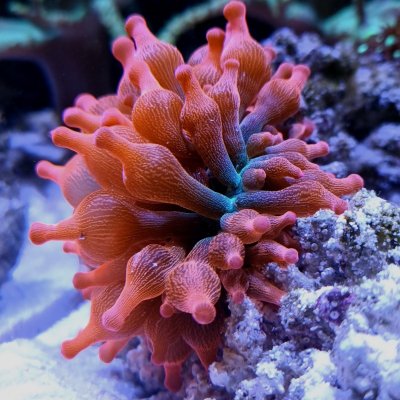Agreeing to disagree is fine, but I think as good stewards of reefing it is our responsibility to provide the best available evidence to people seeking answers. Responding with a vague answer either leads someone to seek better/more specific answers or to do their own experimenting, rarely does it seem to make people steer away from making any attempt. I agree the goal of husbandry is not a minimum of survivability but to provide the best environment for animals using the best currently available information. From reading 100s of threads of people making "rookie" mistakes, easily preventable by having the right knowledge, it is my opinion that more specific answers (even if they are different from person to person or are not all-encompassing) are more likely to lead someone to success rather than experimenting with an animals life.I think we will have to agree, to disagree on the answer. It is just as vague as it needs to be, considering being massive variability in acceptable conditions.
I do honestly believe that is the best answer. It's a lot better than, "It depends"
If JUST to be able to survive is the goal, personally, I think that's a bad goal. We should be trying to create an environment where they can Thrive.
My purpose for opening this up for discussion was just to provide insight into my struggle seeking out information on this topic, as I am sure I am not the only one to feel frustration as new reefer trying to do things the right way. Also, I hope this discussion can help advance this area of reefing and reduce mistakes made by new reefers and ultimately better the lives of the animals we care for in our homes.




















